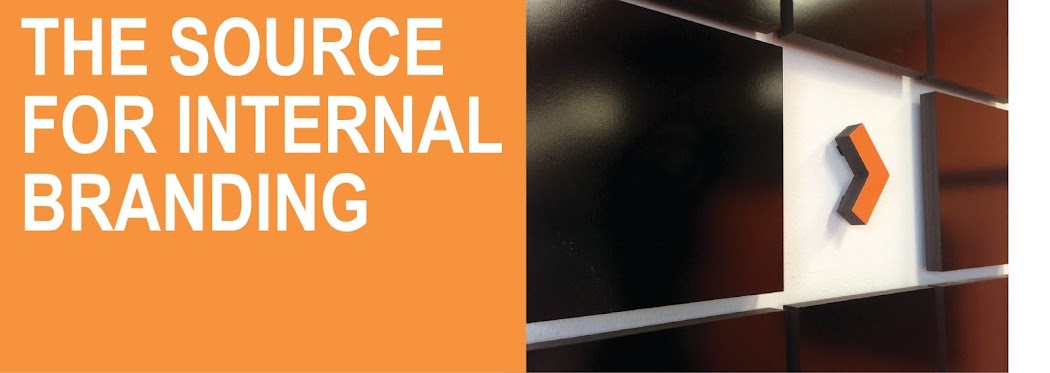Advertising Age Online just posted an interesting article that suggests that most companies don't have an employee engagement strategy and that there is a major disconnect between HR and marketing. The article suggests that employee engagement is becoming a major priority for corporations as a result of widespread use of social media, despite not having a solid strategy in place for such activities.
They cite a study conducted by Altimeter Group
which says that only 41% of respondents said their companies had a holistic and
strategic approach to employee engagement and advocacy. It says,
"Marketing is interested in taking employees who are very engaged with the
company and brand and empowering them to advocate on the part of the company,
especially through the use of social tools. But the vast majority of companies
do not have a coherent strategic approach to supporting employee
engagement". The report goes on to suggest that one of the biggest
problems is lack of coordination between HR and marketing when it comes to
employee engagement efforts.
The survey found that HR leads employee
engagement initiatives at 41% of the companies while marketing leads these
efforts at only 11% of the companies. However, marketing is more involved (47%)
than HR (39%) in actual employee engagement efforts. The report continues,
"marketing is involved in employee engagement, but it is not leading it.
There are so many best practices marketing can bring to the table-understanding
the customer experience and customer relationships, and defining those with
customer journey maps. HR needs marketing's best practices".
Another major finding in the report suggests that
companies lack a culture that supports employee engagement. Only 51% of the
respondents said employees clearly understand and support the purpose and
mission of the organization and only 45% of respondents said employees have a
clear understanding of what they should and should not do on social channels
when it comes to company related topics. Furthermore, only 43% of the response
said the company's culture has a high level of trust and empowerment that is
highly supportive of employee engagement and advocacy.
Here lies the problem. Inward's experience
suggests the same patterns. Often HR is generally responsible for employee
communications and culture, however, they lack marketing knowledge to bring the
initiatives to life in a creative way. On the other hand, marketing
professionals understand social media, content management and digital
technology but lack employee knowledge and cultural transformation skills.
So the question becomes what can companies do to
overcome the challenges of establishing marketing/HR balance and improve
employee engagement and advocacy? Here are some ideas that Inward promotes with
our clients.
- Identify a senior executive spokesperson who represents the combined interests of HR and marketing and who is ultimately responsible for employee engagement/advocacy at the senior executive committee level.
- Conduct a ChangeFXÒ employee engagement survey at least once a year that measures understanding, alignment and advocacy of the corporate culture, corporate brand values and the mission/vision of the company. Then use the findings to create an effective employee internal brand communications program.
- Create a cross-functional employee engagement/advocacy committee that meets regularly and is represented by HR, marketing, brand, public affairs, culture and workforce transformation. Assign this committee with actionable objectives/goals, meaningful budgets (funding provided by both HR and marketing), specific timelines and deliverables.
- Adopt Inward's process and framework that will: 1) make your employees aware of the brand values, 2) teaches and raises their understanding/relevance of the brand values, 3) builds their commitment and changes their behavior and support of the brand values, and 4) recognizes and rewards the employees for taking action and advocating in support of the brand.
- Be creative. Use experiential communications. Adopt social media techniques and platforms. Start an employee communication dialogue. Use gamification techniques and quizzes. Ask employees for their communication ideas and use them. Celebrate successes. Make your employees heroes. Promote internal blogging and reward them when they do it.
If you would like to learn more about how to
create an effective and compelling employee brand engagement program please let
us know. Or simply go to our website at www.Inwardconsulting.com and review some of our best practices in case
histories.
As we wind down
for the year, I would like to wish all of our friends, clients and contacts a
wonderful holiday season, Merry Christmas and a Happy New Year.

